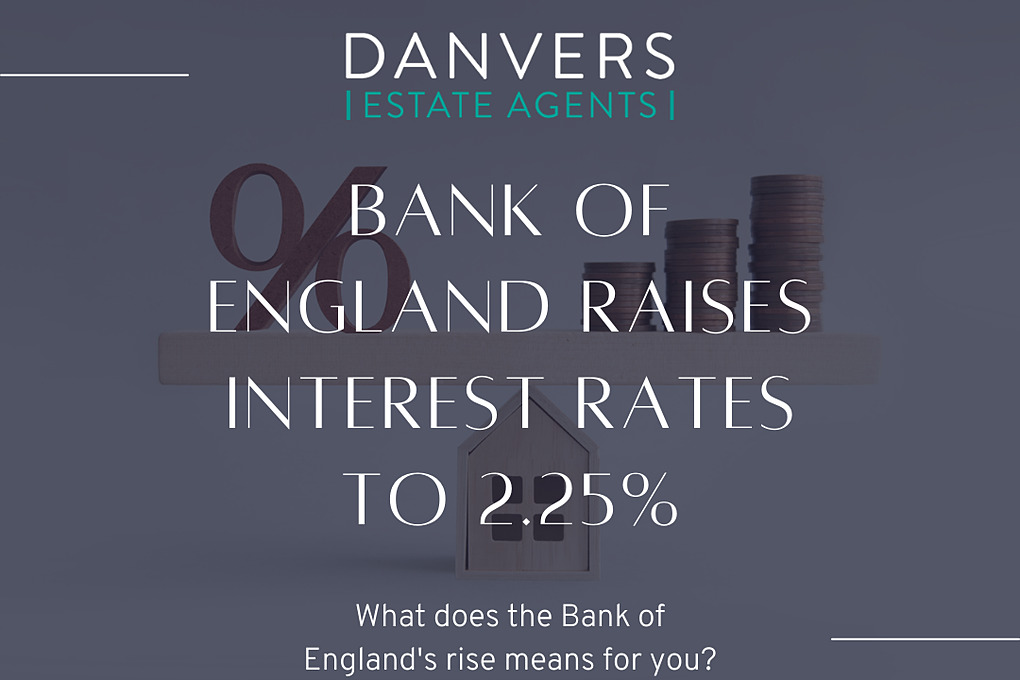The Bank of England has increased the base rate by half a percentage point to 2.25% in its efforts to slow down the rise in inflation and soaring prices the economy is facing.
The Bank of England Base rate has increased for the seventh time in a row, making it the highest level seen for 14 years. The last time interest rates were this high was during the 2008 financial crisis.
With the recent global events spinning off as Covid restrictions have eased across the world, and consumer spending on the high, prices across the globe have risen to new highs. Transportation problems have also meant that the cost of goods has sharply risen. The rise in oil and gas prices has also pushed up the cost of living, and since Russia’s invasion of Ukraine, this has only fuelled the soaring prices.
A way to control rising prices or inflation is to increase interest rates. With higher interest rates, the cost of borrowing increases encouraging people to borrow less and spend less, causing people to save more.
However, this can also slow down the economy, which is something the Government does not want to do, creating a balancing act for the Bank of England. The new highs we are currently seeing come after the lowest levels seen last year when the Bank of England's interest rate was as low as 0.1%.
Industry analysts expect the Bank of England to continue increasing interest rates into 2023 to tackle the rise in inflation. Last year the Office of Budgetary Responsibility (OBR), which is the Government’s independent economic adviser, predicts the Bank of England's interest rate could rise as high as 3.5%, with industry analysts predicting interest rates rising above 4% or more.
For those with a fixed mortgage rate, monthly payments will not be affected. However, those who are on a tracker or variable rate will see their monthly repayments rise. Those on a tracker mortgage will see an increase of around £49 more per month, with those on a standard variable rate seeing an increase of around £31 per month.
Even if you don’t have a mortgage, the change in the interest rate can still affect you. The Bank of England base rate will also influence how much interest is charged on credit cards, bank loans, car loans and overdrafts.
The one good thing about seeing higher interest rates is that people looking to save will earn higher interest in their savings.
In summary:
- The Bank of England has risen rates to an all-time high since 2008 to 2.25% from the previous rise of 1.75% to tackle inflation.
- People on a tracker and variable mortgage will see their monthly payments go up. Those on a tracker mortgage will see a rise of around £49 per month, with those on a variable rate seeing an increase of around £31 per month.
- The Bank of England is set to continue to increase the base rate to tackle inflation.
- Inflation is measured by how fast prices are rising compared to a year ago. Currently, inflation is at 9.9%, the highest seen in nearly 40 years.
- The Bank of England forecast that the UK economy is already in a recession due to two consecutive quarters of contraction.
- Russia’s invasion of Ukraine has pushed oil and gas prices, while shortages of goods have pushed up prices across the world.
- On Friday, Chancellor Kwasi Kwarteng is going to share more details on a plan to help households with soaring bills.
 Like
Like